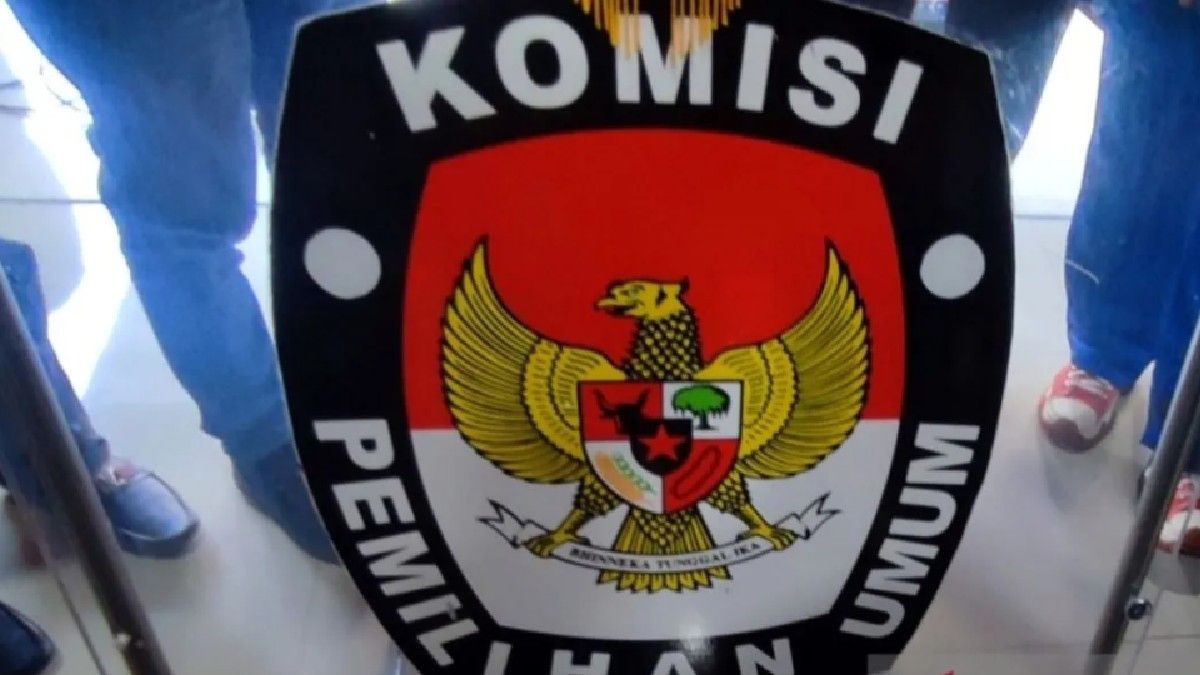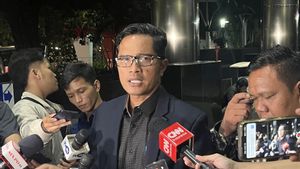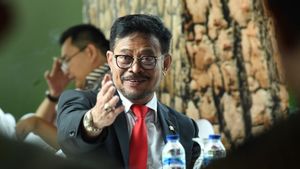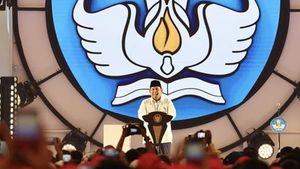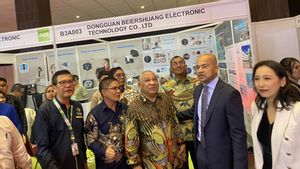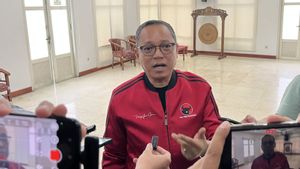KPU Commissioner Idham Holik assessed that the implementation of an electronic voting system or e-voting in elections must prepare many factors ranging from digital infrastructure, human resources (HR), to legal protection through the law.
"This is indeed possible. But of course it must return to the decision of the Constitutional Court, there are prerequisites that must be met, ranging from cyber security issues, digital literacy of voters, infrastructure, and so on," said Idham Holik at the KPU Office, Jakarta, Friday, October 13, confiscated by Antara.
Regarding voting with information technology, Idham said that there was already a decision by the Constitutional Court (MK) regarding this matter, even in the Pilkada Law, especially Law Number 10 of 2016, Article 85, Paragraph 1 letter C and Paragraph 2A, it has been stated that the system has made it possible to implement it.
However, according to him, many factors must be met when Indonesia decides to implement elections in elections through internet technology, especially those related to the principle of confidentiality in the digital era.
"Because the internet technology always leaves traces known as digital footprint or digital tracing, and this must be discussed seriously," he said.
SEE ALSO:
Idham explained, when the government decides to implement elections with an e-voting system, there must be a special law that discusses, regulates, and guarantees confidentiality in voting voters.
He said that confidentiality is one of the principles of organizing voters, where elections must apply the principles directly, in general, free, secret, honest, and fair or luber jurdil. This is in accordance with the constitutional mandate contained in Article 22E paragraph 1 of the 1945 Constitution.
Idham said that Indonesia must also be objective by looking at electoral facts in several other countries, such as the federal elections in Australia in March 2022 which decided to re-implement elections conventionally.
The German Constitutional Court prohibits giving voice with internet technology. So we have to look at the use of this technology," he said.
Previously, the proposal regarding the e-voting system in the election was submitted by the Chairman of the MPR RI Bambang Soesatyo or Bamsoet who assessed that the Indonesian democratic system was stagnant, which was categorized as unestablished, still in the process of achieving maturity and maturity.
According to him, Indonesia must slowly be able to implement an e-voting system, such as the Philippines, which has successfully done so and public participation which has increased to 80 percent.
Internet penetration, which reaches almost 80 percent of the total population of Indonesia, said Bamsoet, should also be relied on in terms of absorbing public aspirations, through a much cheaper, faster, and safer digital election system.
"Because we have been trapped today in the democracy of numbers and transactions, which are getting more and more expensive. So it's no wonder that many regional heads, members of the DPR, a level, are entangled in OTT, KPK, almost 600 are entangled," said Bamsoet in Jakarta, Tuesday, October 3.
The English, Chinese, Japanese, Arabic, and French versions are automatically generated by the AI. So there may still be inaccuracies in translating, please always see Indonesian as our main language. (system supported by DigitalSiber.id)
